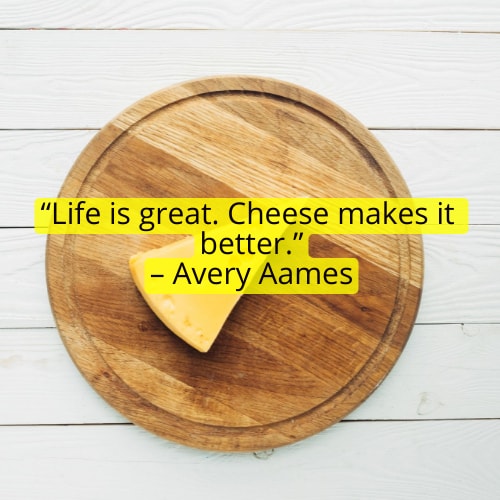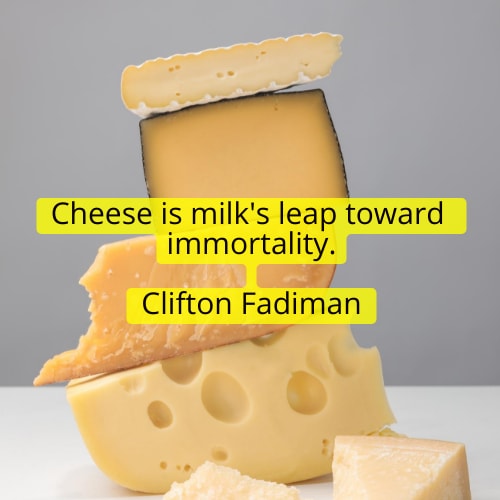How are aged cheeses different than non-aged?
Aged cheeses can sit for anywhere from a few months to several years. (Photo: Jasper Hill Farm)
Cheese is great mixed into salads, served on top of crackers and added to charcuterie boards, but understanding the difference between various types of cheeses — especially aged and non-aged cheese — can be daunting. What’s the difference between aged and non-aged cheese? And why does it matter?
How long a cheese has been aged, the process used and where the aging took place are all important factors in how an aged cheese tastes once it hits your tongue.
What is aged cheese?
The simple answer to what makes a cheese aged is time.
According to Samuel Rheaume, who works making cheese at Jasper Hill Farm, aging cheese is more complex than just letting it sit around for a while. “The process of ripening cheese is known as affinage,” he explains. “This process isn’t simply aging, but an active process that guides a cheese along a path towards an ideal expression of flavor, texture and aroma.”
Almost all cheeses are aged for some period. “Young” aged cheeses may be aged only two to four months, while some cheeses are aged up to 20 years. Even “fresh” cheeses, like mozzarella, go through a brief aging period to cultivate the perfect flavor, Rheaume explains, so it’s better to focus on how long a cheese has been aged and how it has been aged rather than just asking if a cheese has been aged or not.
How does cheese change when it’s aged?
During the aging period, there are three changes that take place to create a good cheese, says Shannon Berry, a cheese specialist at Dairy Farmers of Wisconsin. “What was once milky, mild and smooth becomes firm, caramelized and nutty,” Berry explains. “A young cheddar and an aged cheddar may as well be two completely different cheeses.”
“The process of ripening cheese is known as affinage,” says Samuel Rheaume. “This process isn’t simply aging, but an active process that guides a cheese along a path towards an ideal expression of flavor, texture…
..


